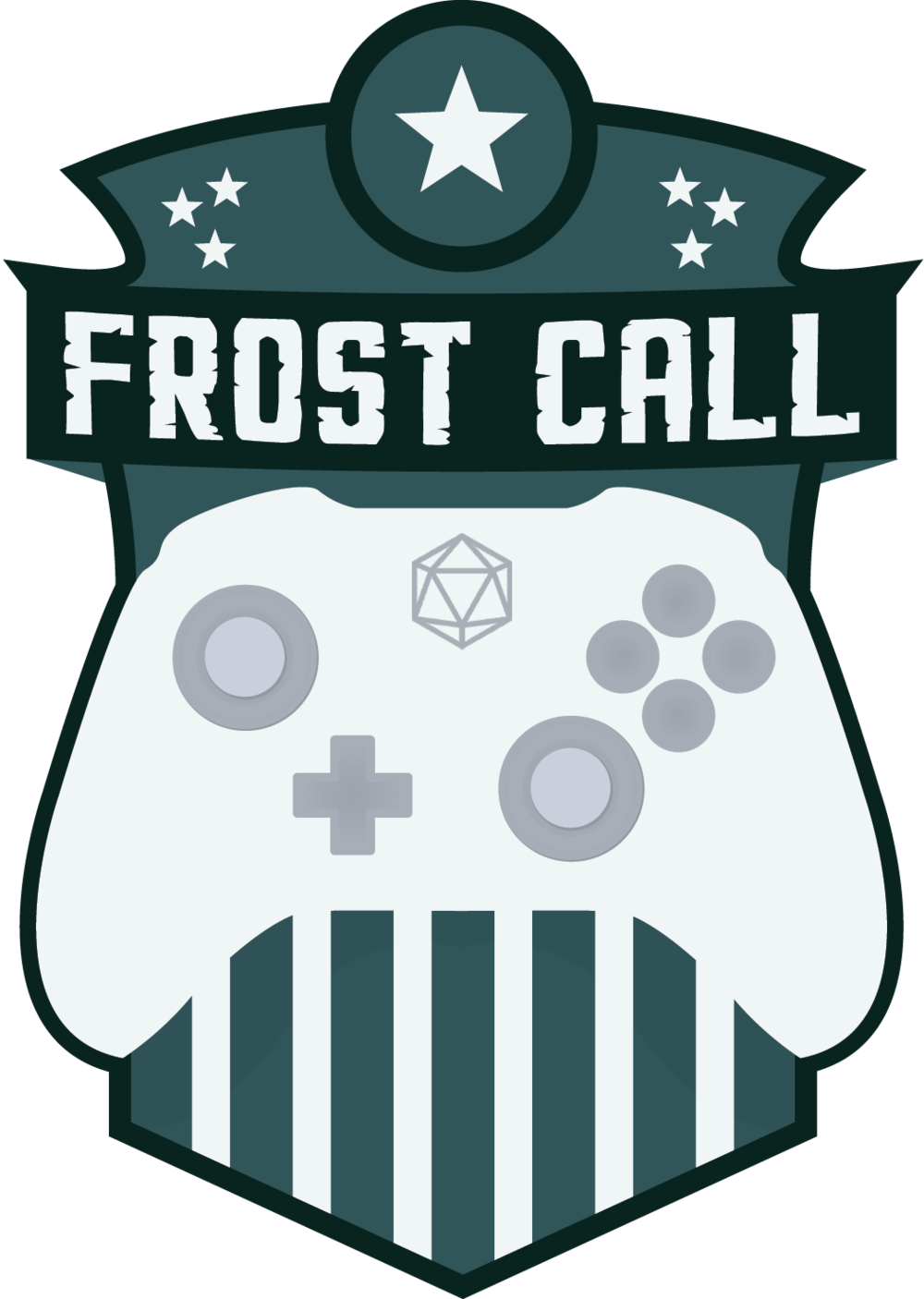How to be a Better Ally for Veterans
Our previous installments for PTSD Awareness Month have focused on topics relevant to veterans, but what about friends, family, or veteran supporters who want to be a better ally? Below are a few “do’s and don’ts” based on feedback from our veteran community and my own experiences working with veterans over the years.
DO recognize and work to reduce the harmful stereotype of the “crazy veteran.”
Mental health difficulties affect a minority of veterans (PTSD, for example, affects 11-20% of veterans). When hiring veterans, working with veterans, or engaging in pleasant conversation, remember that serving in the military often has significant positive effects as well. Many veterans describe their work ethic, resilience, and commitment to others as core to their identity following their military service. Get to know veterans in your community and don’t make any assumptions about their mental health.
DO NOT ask a veteran “Where did you deploy/Have you killed anyone?”
Many civilians only understand the military through the lens of TV shows and video games. You might be curious to ask your buddy about their deployment experience or open a conversation with a veteran by asking about combat. Check your intent. You might expect to get a real life story of the kinds of things you see on TV, but in the process you are asking a veteran to describe what might have been the most traumatic experience of their lives. It’s offensive and re-traumatizing. Certainly you can let a buddy know you’re there to listen if they want to talk, but make sure the intent is to be a good friend and not to satisfy your own curiosity.
DO consider your language when thanking a veteran for their service
This is a tricky one. Some veterans are grateful to have a civilian thank them for their service. Some immediately dismiss these comments. Others feel guilty or ashamed when thanked, because it reminds them that their were others back overseas they couldn’t save. If you want to thank a veteran in earnest, consider a more sincere statement than “thank you for your service.” Some veterans describe the phrase “thank you for your sacrifice” as more helpful, as it recognizes the sacrifices they made along with their contribution to their country.
DO NOT mock or instigate mental health difficulties related to PTSD
You might read this phrase and think, “of COURSE I wouldn’t do such a thing!” But comments about bravado, challenging veterans to display some element of their training, or shouting “surprise” to get a rise out them does happen, and it’s hurtful. If you have never engaged in this kind of behavior, challenge others who may unknowingly reinforce stereotypes that get in the way of positive mental health, such as the idea that “emotions are weakness.”
DO educate yourself on the symptoms of PTSD
The National Center for PTSD is a great resource with many short videos and informative readings on PTSD. You can also tune in to the Frost Call presentation, Better Understanding PTSD, next Monday, June 28, to learn more.
DO NOT assume that only combat veterans may have PTSD symptoms.
Many veterans have experienced trauma outside of combat situations. Training accidents, indirect fire while deployed, repeated exposure to traumatic images/content, and military sexual trauma (MST) are all examples of horrific trauma that can occur outside of a combat environment.
DO encourage veterans to get help if they need it
The Veterans Crisis Line is not just for veterans! Friends and family can contact this service for support if they’re worried about a veteran loved one. Did you know that friends and family are the #1 reason many veterans eventually reach out for mental health care? You can have a huge impact. There are even services like “Coaching into Care” provided by the VA to help you help veterans. So, consider accessing some of these resources if they might be helpful.
